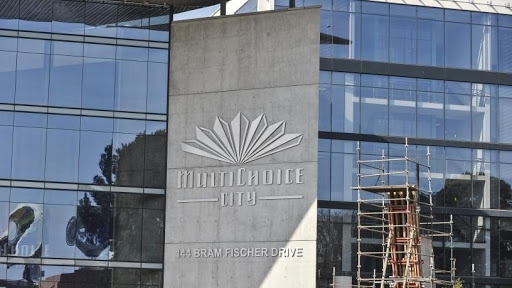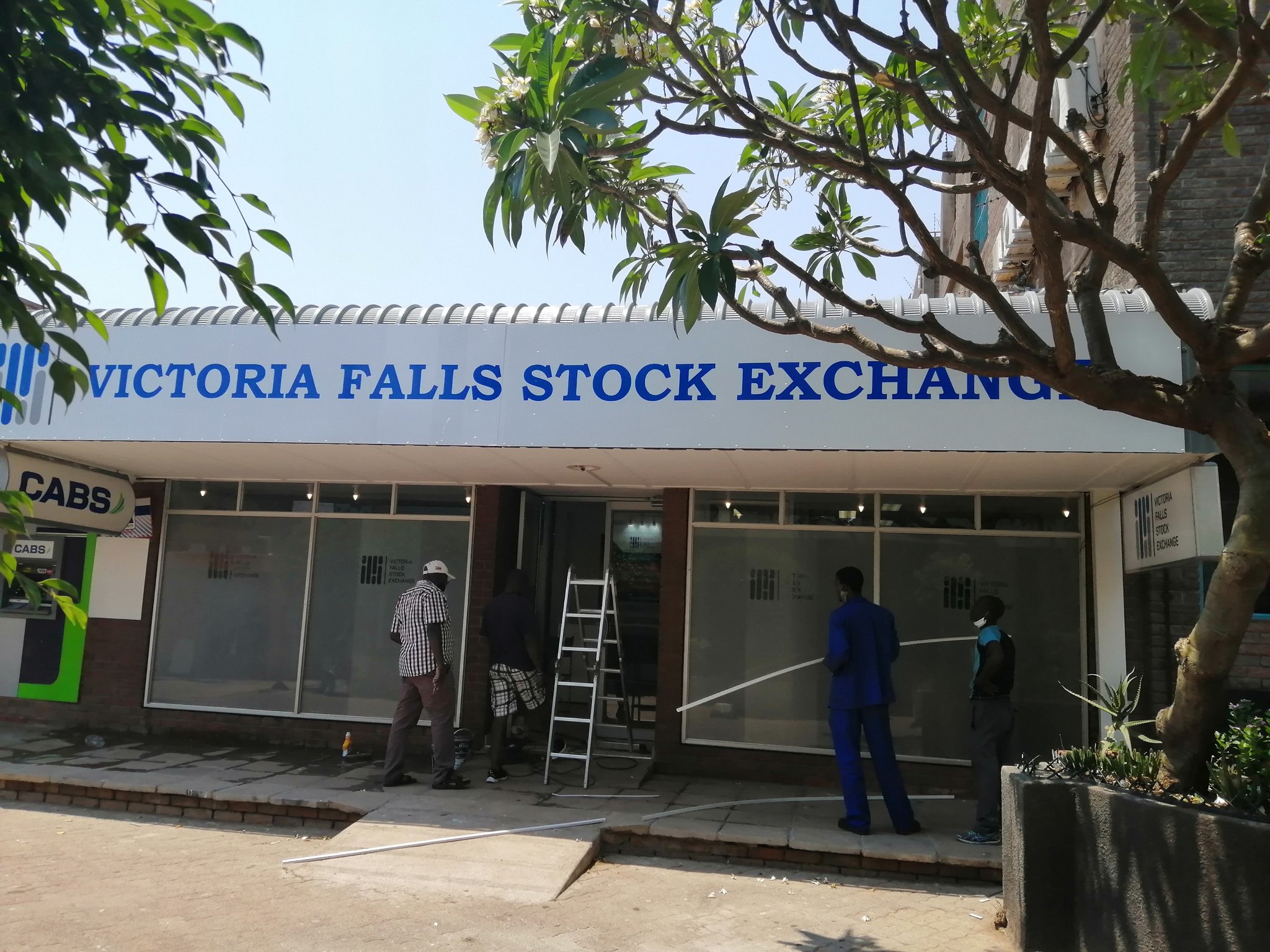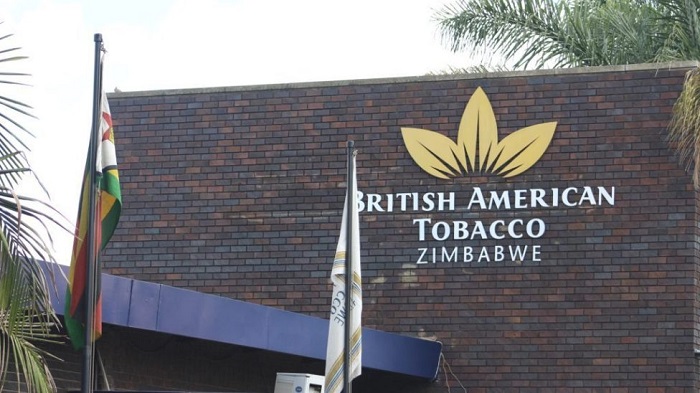Engineering sector laments tough operating environment
The Engineering, Iron and Steel (EIS) sector has bemoaned the tough operating environment which has seen an increase in the deregistration of companies in the sector.
According to an EIS State of the Industry Report 2024, a total of 158 companies were deregistered representing a 5,166 percent increase on prior year’s figure where only three firms were deregistered. This is against 15 new companies that were registered during the year.
The report shows that in 2020, three companies were deregistered before rising to 13 in 2021.
“We have experienced a tough economic environment leading to massive deregistration of companies and employees losing their jobs,” said Engineering, Iron and Steel Association of Zimbabwe (EISAZ) economist Wellington Matsika presenting the report.
He added while there has been an increase in employment, it was still below the 2022 levels.
The industry has not been immune to the obtaining economic challenges bedeviling businesses. Matsika highlighted the sector has also battled the adverse impacts of high inflation and exchange rate volatility, which have threatened the sector’s viability.
The sector relies mostly on imports at a time the country has limited foreign currency.
The exchange rate went up significantly from less than $1,000 to about $20,000 against the US dollar on the official market. On the parallel market, it reached upwards of $35,000 by end of March further fueling inflation.
“We have experienced high inflation between October 2023 and March 2024 ranging from between 2 percent and 6 percent month on month. Year on year has been between 17 percent and 60 percent between the same period.
“This erodes purchasing power, reduces demand and reduces investment,” he said.
The sector also cited a host of other challenges ranging from regulatory hurdles, bureaucratic tendencies by licensing officers, erratic utilities supplies, unsustainable tax structure where multiple taxes and fees are charged by various authorities pushing cost of doing business.
According to the report, there are several cost drivers identified by companies in the survey done by EISAZ and the Confederation of Zimbabwe Industries (CZI).
“Most of these factors speak to regulatory burden, poor service delivery and dilapidated public infrastructure. In terms of regulation, it should be simple, easy and inexpensive to comply with,” said Matsika.
“Dealing with multiple authorities, which are not well-coordinated, makes compliance difficult, expensive and time consuming,” he added, also citing delays in service delivery, issuance of licenses or permits, fixing faults, VAT reimbursements, and clearing goods at the border.
Matsika added poor transport infrastructure is another huge cost driver for the sector, as they are now forced to use road transport system, which is more costly compared to using rail.
Industry and Commerce Deputy Minister Raj Modi acknowledged the challenges the sector face despite its immense contribution to economic activity, prompting him to make an invitation to the sector for suggestions on improving the sector.
“We are here as a Ministry and do not hesitate to get in touch with us when it comes to policy interventions.
“This sector is very important to the economy and feel free to come through to the Ministry so we discuss the way forward to see the sector grow,” he said.
Despite the challenges, the sector is upbeat the new iron and steel plant at Manhize by Dinson Iron and Steel Company (DISCO) presents an opportunity for the sector to narrow on importation of raw materials.-ebusinessweekly








